"Humble" Hive (blue), "Hope" Hive (yellow) and "Harmony" Hive (green), custom crafted by our resident bee keeper, Dr. Chris Belardi ("Dr. B.").
On May 12th we received 3 small bee colonies from Hudson Valley Bee Supply to start the Rose Hill Farm Apiary. We populated three hives - Humble Hive (blue), Hope Hive (yellow) and Harmony Hive (green). Ralph La Casio, a local beekeeper, has kept a small number of hives on the farm for the last 6 years. He has enlarged his apiary this year and we now have a total of 8 hives on the property.
Our endeavor began with reading basic beekeeping literature and conducting Google searches. Not to confuse our google searches with the knowledge and wisdom of an expert beekeeper, we attended a workshop conducted by Chris Harp and Grai Rice of HoneyBeelives.org. HoneybeeLives is an organization, based in the Hudson Valley, practicing Natural/Organic Beekeeping with a Biodynamic influence. We have also relied on the expert advice of Megan Denver, Jorik Phillips and Joe Krein at Hudson Valley Bee Supply in Kingston, NY.
Bees are essential to the farm for pollinating fruit and berries. Many fruit crops (i.e. apples, blueberries, blackberries, cherries, cranberries, pears, plums, raspberries, strawberries) require an insect pollinator to help ensure pollination. Having a sufficient number of pollinators during bloom is essential to produce a sustainable crop. Proper pollination increases fruit size at yield, hastens maturity, and produces a more symmetrical fruit shape. Learn more: The Importance of Pollinators (Fruit Research University of Minnesota).
The health and survival of our bees depends on many factors. One of the most important issues is the use of pesticides. We follow a restricted integrated pest management program and employ the services of Michael Biltonen from the agriculture consulting firm, Apple Leaf LLC to guide us. He closely monitors the orchard for insects and other pathogens that will negatively impact the quality of the crop, and he advises us on how to best limit their effect. The health of the hives is dependent on a conscientious pest management program.
All beekeepers know that the most important attribute of a beekeeper is the ability to assist the colony in maintaining health and to propagate new colonies. Crop pollination and honey collection are byproducts of maintaining a symbiotic relationship with the bee.
We're proud to report our new hives are thriving and we expect to start offering our own Dr B's honey at the Farm Stand later this year!
Bees returning to their hive laden with pollen, photos by Chris Belardi.





